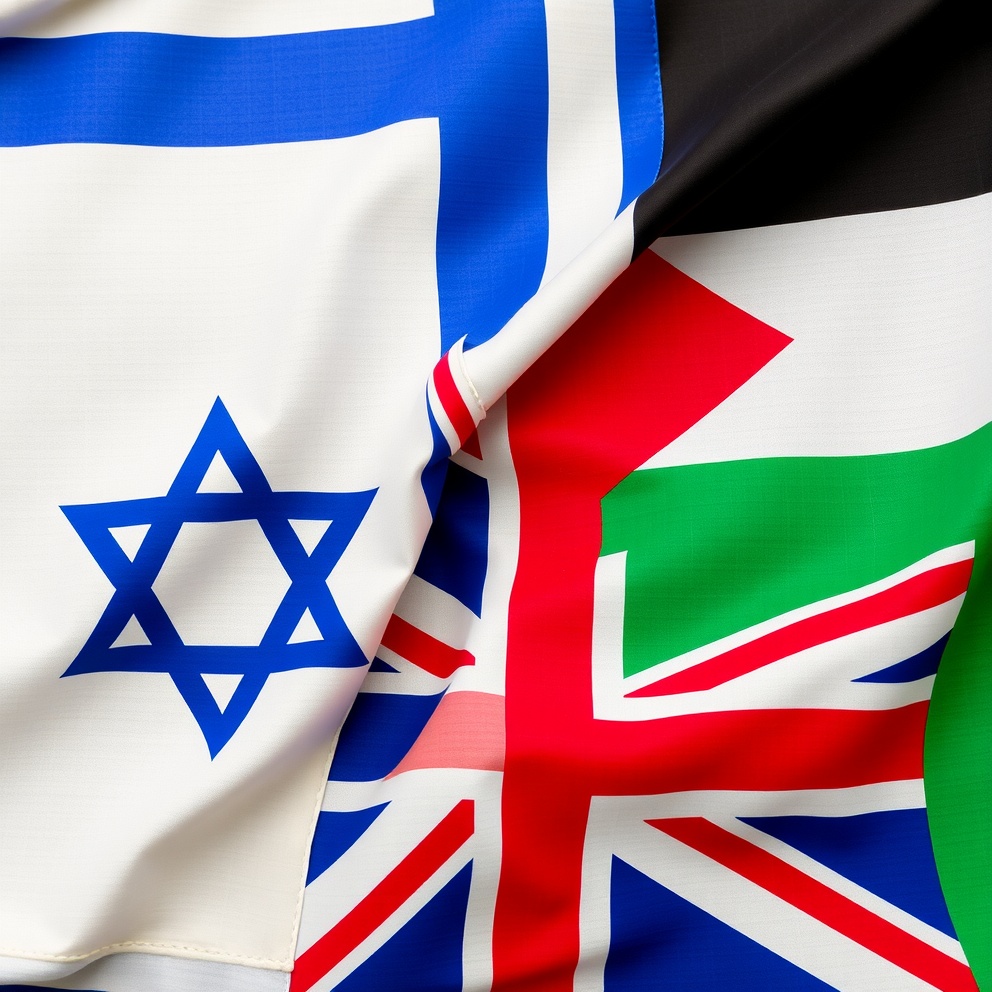A Tale of Unyielding Loyalty and Constitutional Crisis
South Korea has found itself at a critical crossroads, grappling with a constitutional crisis that threatens to upend the fabric of its democracy. The impeachment and subsequent suspension of President Yoon Suk Yeol have led to a six-hour standoff between police and his security team, who blocked the arrest team’s path outside his home in Seoul. This unprecedented event highlights the deep-seated divisions within South Korean politics and raises questions about the role of presidential security services.
A President’s Last Stand
The scene outside Yoon’s residence was one of unbridled chaos, with hundreds of supporters camping out to prevent his arrest. The fervor was palpable, as if the very fate of the nation hung in the balance. But beneath the surface lay a more sinister reality – the presence of hardline loyalists within the presidential security service (PSS). Appointed by Yoon last September, the PSS chief has been accused of seeding the organization with die-hard supporters, ensuring that the president’s interests would be protected at all costs.
This unconditional loyalty to Yoon rather than the office itself is a worrying development for South Korea. It suggests that the PSS has become an extension of the president’s personal security detail, rather than a neutral force dedicated to upholding the law. This blurring of lines raises fundamental questions about the role of presidential security services and their relationship with the executive branch.
A Constitutional Crisis Unfolds
The standoff outside Yoon’s home is merely the tip of the iceberg in a constitutional crisis that threatens to engulf South Korea. The impeachment process, which was triggered by allegations of corruption and abuse of power, has created a power vacuum that shows no signs of being filled anytime soon. With Yoon suspended from office but still retaining his security detail, the country is left with an uncharted territory.
As investigators attempt to arrest Yoon again over the weekend, the uncertainty surrounding his fate only deepens. The current warrant expires on January 6, leaving authorities with a narrow window of opportunity to apprehend him before it’s too late. But what will happen when that deadline passes? Will Yoon be allowed to remain in office indefinitely, or will he be forced to face justice for his alleged crimes?
A Nation Divided
The polarization of South Korean politics is evident in the thousands of supporters who have gathered outside Yoon’s residence to oppose his arrest. This deep-seated divisions are a reflection of the nation’s broader societal trends, where opinions on key issues are becoming increasingly entrenched.
The standoff highlights the challenges facing South Korea as it navigates this treacherous terrain. Can the country find a way to reconcile its differences and restore stability to its institutions? Or will the current impasse continue to simmer, threatening the very foundations of its democracy?
Speculating about the Impact
As the situation unfolds, speculation is rife about the potential impact on South Korea’s future. Some predict that Yoon’s impeachment could lead to a constitutional crisis of epic proportions, potentially destabilizing the country and undermining public trust in its institutions.
Others argue that this event will only serve to strengthen South Korea’s democratic traditions, as citizens come together to demand accountability from their leaders. The truth lies somewhere in between – as the standoff continues, it becomes increasingly clear that the consequences of Yoon’s impeachment will be far-reaching and profound.
A New Era for South Korea?
The coming weeks and months will be critical in shaping the future of South Korea. Will the country find a way to reconcile its differences and restore stability to its institutions? Or will the current impasse continue to simmer, threatening the very foundations of its democracy?
Only time will tell, but one thing is certain – the world is watching as South Korea navigates this treacherous terrain.






Eliza
I must say, I’m utterly bewildered by this article. A vehicle splitting in half? It’s a wonder anyone survived such a catastrophic event! I mean, what are the chances of that happening? It’s like something out of a sci-fi movie.
And to think, all while I was reading about the inflation woes in Brazil (https://tersel.eu/south-america/inflation-and-interest-rates-in-brazil/), where interest rates have been skyrocketing, making it nearly impossible for people to afford even basic necessities. The parallels between economic instability and the chaos on our roads are staggering.
I often wonder, what drives individuals to such extreme measures of loyalty? In the case of President Yoon’s security team, it’s clear that their devotion is unwavering. But at what cost? The blurring of lines between personal interests and public duty raises fundamental questions about the role of institutions in society.
As someone who has worked with politicians, I can attest to the pressure they face from their teams and supporters. It’s a delicate balancing act, where loyalty can easily tip into fanaticism. But is this really what we want our leaders to be? Devoted only to their own agendas, rather than the well-being of the nation?
The world is indeed watching South Korea as it navigates this treacherous terrain. Will they find a way to reconcile their differences and restore stability to their institutions? Only time will tell.